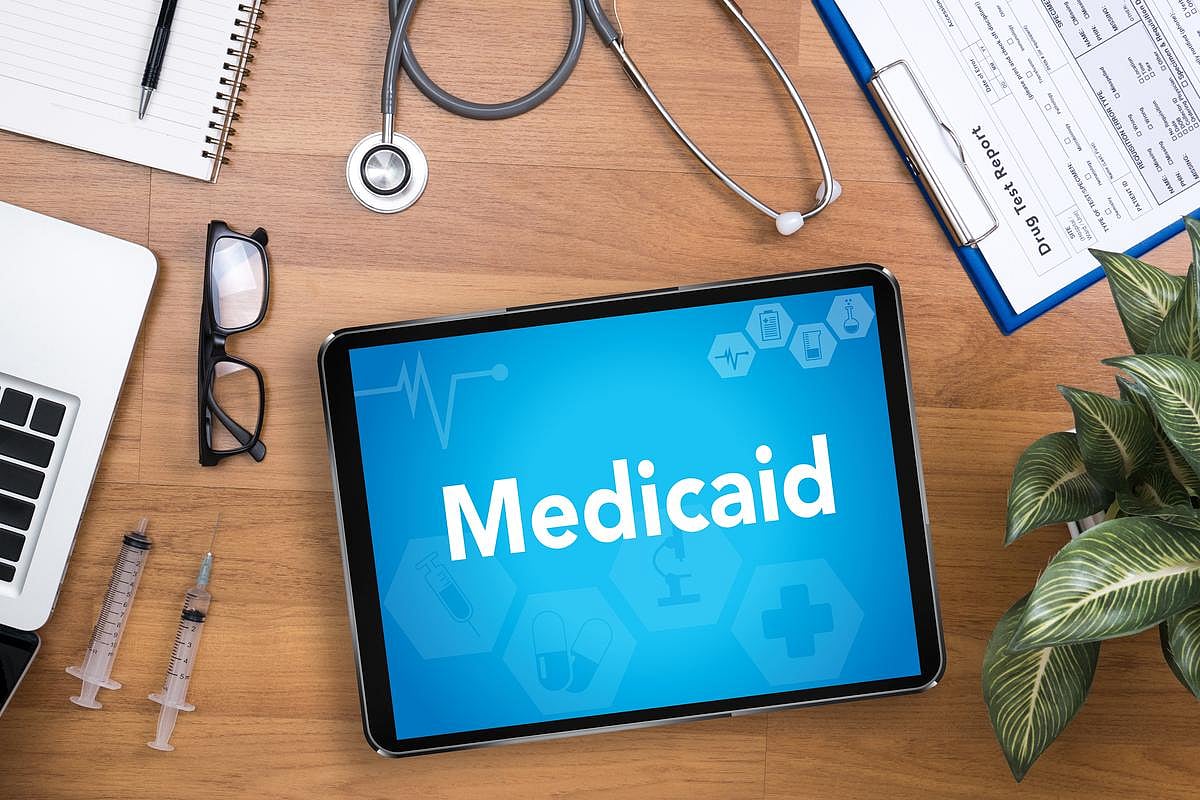
- Dennis Thompson
- Posted June 20, 2025
Millions Stand to Lose Health Coverage Under Proposed Medicaid Cuts, Study Says
About 7.6 million Americans could lose their health insurance if the “One Big Beautiful Bill Act” passed by the U.S. House of Representatives becomes law, a new study says.
As a result, more than 16,600 people a year will die needlessly, as medical treatment could have prevented their demise, researchers estimated in the Annals of Internal Medicine.
“The Medicaid cuts in the House Bill will strip healthcare from millions of Americans,” lead researcher Dr. Adam Gaffney said in a news release. He’s an assistant professor of critical care medicine at Harvard Medical School.
“In the ICU, I see what happens when patients do not get the regular care they need: They get sicker, sometimes gravely or even mortally ill,” Gaffney said. “If the Senate goes along with the House’s Medicaid cuts, hundreds of safety-net hospitals and clinics will be forced to close or limit their care, and medically preventable deaths will soar.”
In fact, the U.S. Senate has proposed billions of dollars more in Medicaid cuts than the House version of the bill, The New York Times previously reported.
Even more could lose their insurance and die from preventable causes than estimated in this study, if the Senate cuts are added to those in the House's legislation.
For their study, Gaffney and his colleagues analyzed the version of the bill passed in May by the House and now under consideration in the U.S. Senate.
The researchers identified six potential Medicaid cuts that would each reduce expenditures by at least $100 billion over 10 years, according to analysis by the non-partisan Congressional Budget Office.
The cuts include reductions in Medicaid matching funds; partial rollback of the Affordable Care Act’s Medicaid expansion; caps on per person Medicaid spending; Medicaid work requirements; a freeze for taxes on health care providers to help fund Medicaid; and repeal of a rule enacted under former President Joe Biden that made it easier for people to remain eligible for Medicaid.
The team then estimated the potential effects of these cuts, based on earlier research that analyzed the effects of previous Medicaid reforms.
All told, these cuts would increase the number of uninsured by between 600,000 and 3.9 million and cause an annual increase in preventable deaths of between 651 and 12,626 people, researchers estimate.
If the current House bill is enacted without changes, researchers estimate that:
7.6 million people would lose their health coverage.
1.9 million would lose their personal doctor.
1.3 million would have to forego needed medications.
More than 380,000 women would go without mammogram screening for breast cancer.
246,000 people would be turned away from health care due to medical debts.
More than 16,600 preventable deaths would occur.
“If they get their way, President Trump and Republicans in Congress will deprive millions of lower-income American of medical care in order to give trillions in tax windfalls to millionaires and billionaires,” senior researcher Dr. Steffie Woolhandler, a distinguished professor of public health at CUNY’s Hunter College, said in a news release.
The additional cuts under the U.S. Senate’s version of the budget bill would cut health care provider taxes rather than freezing them, further reducing Medicaid funding by hundreds of billions of dollars for states over the next decade, The Times reported.
More information
The American Hospital Association has more on the importance of Medicaid to American health care.
SOURCE: American College of Physicians, news release, June 16, 2025
